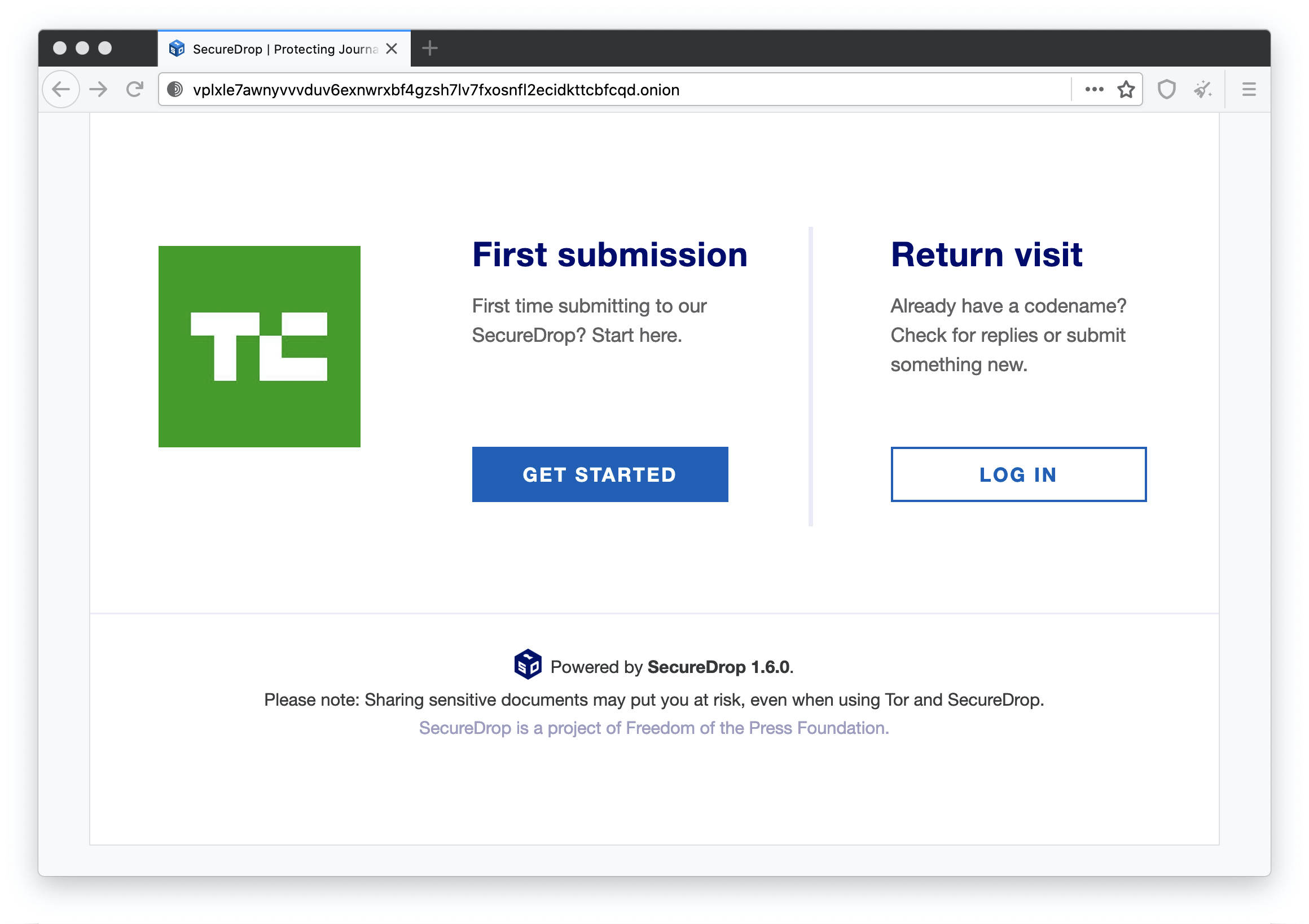News: Mental wellness platform Lyra Health is raising up to $175M at a $2.25B valuation
The coronavirus pandemic has underscored, and often exacerbated, the mental health crisis that exists across the world. Even the spread of remote work is part of the problem: As everyone stays at home, the lack of interaction and watercooler chat has left employees without in-person interaction. The need for a solution has helped tech-powered mental
The coronavirus pandemic has underscored, and often exacerbated, the mental health crisis that exists across the world. Even the spread of remote work is part of the problem: As everyone stays at home, the lack of interaction and watercooler chat has left employees without in-person interaction.
The need for a solution has helped tech-powered mental health solutions raise funding to meet increased demand. In the latest development, it emerged that Lyra Health, a platform that focuses on providing workforces with mental health care, has filed paperwork to raise a $175 million Series E at a $2.25 billion valuation.
The paperwork was uncovered by Prime Unicorn Index. While it is not clear whether the company has closed the round, filings in Delaware usually appear after part or all of the funding has been secured. Prime Unicorn Index notes that the terms surrounding this Series E round include a “pari passu liquidation preference with all other preferred, and conventional convertible, meaning they will not participate with common stock if there are remaining proceeds.” It also noted that Lyra Health’s most recent price per share is $27.47, an up round from the Series D, which priced shares at $14.21.
We are reaching out to the company and investors for a response to the filing. One investor noted that the round has not closed yet.
Past backers of the company include Adams Street Partners, Tenaya Capital, Meritech Capital Partners, IVP and Greylock.
We seem to be in a period of rapid growth rounds getting raised in quick succession for the most promising startups. As with Discord — which confirmed a $100 million round just six months after raising $100 million — Lyra Health also recently raised funding — specifically a $110 million Series D that catapulted it above a $1 billion valuation.
That effectively means the startup doubled its valuation in a handful of months, suggesting rapid growth or key validation. As reported by Forbes, Lyra Health was set to bring in around $100 million in revenue by the end of the year at the time of its prior fundraise.
There have been a number of categories of technology that have seen a bump of usage and interest during this coronavirus pandemic, and sadly — or perhaps usefully, depending on how you look at it — mental health and wellness startups, aimed at helping our well-being in this trying time, have been one of them. Just last week, the meditation app Calm raised $75 million at a $2 billion valuation.
Burlingame, California-based Lyra Health wants to live in offices everywhere. The company helps employers give their employees a suite of safe and confidential tools to support their mental health needs. This is a tricky space to play in, considering that mental health can still feel taboo in workplaces and employees might feel uncomfortable turning to their employers for support. Still, in a world where in-office perks are no longer available, mental health might be a key investment to help startup retention.
Once an employee joins Lyra, the company creates a set of recommendations for the now-patient based on a survey. Lyra Health then can connect patients to its network of thousands of therapists for appointments, consultations and check-ins. The flywheel continues.
During the pandemic, Lyra Health has brought on 80,000 new users, to a total of 1.5 million users last reported.
Tech-enabled mental health care has found tailwinds as the coronavirus pandemic leads to a surge of telehealth, as in-person doctor’s appointments could leave patients at risk. Indeed, Lyra Health started Lyra Blended Care, which pairs video therapy with online lessons and exercises rooted in cognitive behavioral therapy.





